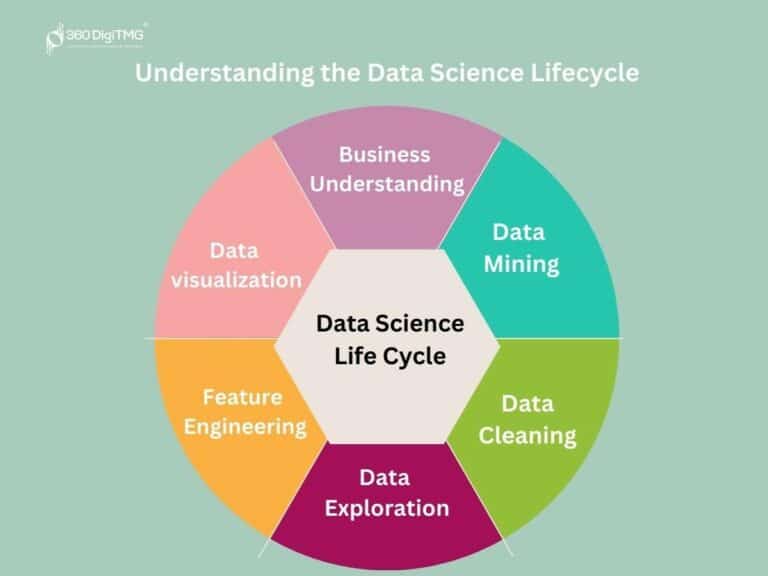Technological advancements have helped to elevate modern manufacturing processes, and this is evident when looking at the way that sensing technologies have been implemented within various industries and sectors. Sensor technology can help to enhance efficiency and productivity and play a vital role in improving manufacturing processes and quality control. This article will highlight some of the many benefits of using sensor technology and the various types of sensors that are available.
Understanding Sensing Technologies
There are many values for manufacturers that opt to incorporate sensor technology in the workplace. Sensors on a factory floor have many uses and can provide comprehensive data for the equipment that is in use. Most commonly, sensors can provide valuable information on things such as proximity and the presence or absence of objects on the shop floor, offering accurate readings for measurements of distance and enabling automation for an array of industrial applications.
Applications of Capacitive Proximity Sensors
One of the most commonly used types of sensors in the manufacturing industry is capacitive proximity sensors. These sensors are able to detect targets through changes in capacitance, which differs from proximity sensors, which can monitor the presence or absence of an object. Capacitance proximity sensors are also deployed to assist in level sensing and liquid detection, and they are suitable to operate in a range of harsh conditions which makes them perfectly suited for an industrial setting.
Benefits of Sensor Integration
There are many benefits for manufacturers who decide to integrate sensor technology in the workplace and manufacturing systems. The data collected by sensors can help to improve process efficiency, reduce downtime and enhance product quality. Being able to measure variables such as force, temperature and pressure without the need for physical contact and testing can help keep people safe and also provide more accurate readings.
Future trends in sensing technology
As technological advancements continue to take great strides in the future, it’s plausible that such advancements will also come into play in the world of sensory technology. Digital sensors will undoubtedly become more intelligent and will be able to provide accurate data at the highest level. The incorporation of artificial intelligence and machine learning will also play an important role in the development of sensing technology in the manufacturing sector through intelligent decision-making abilities.












